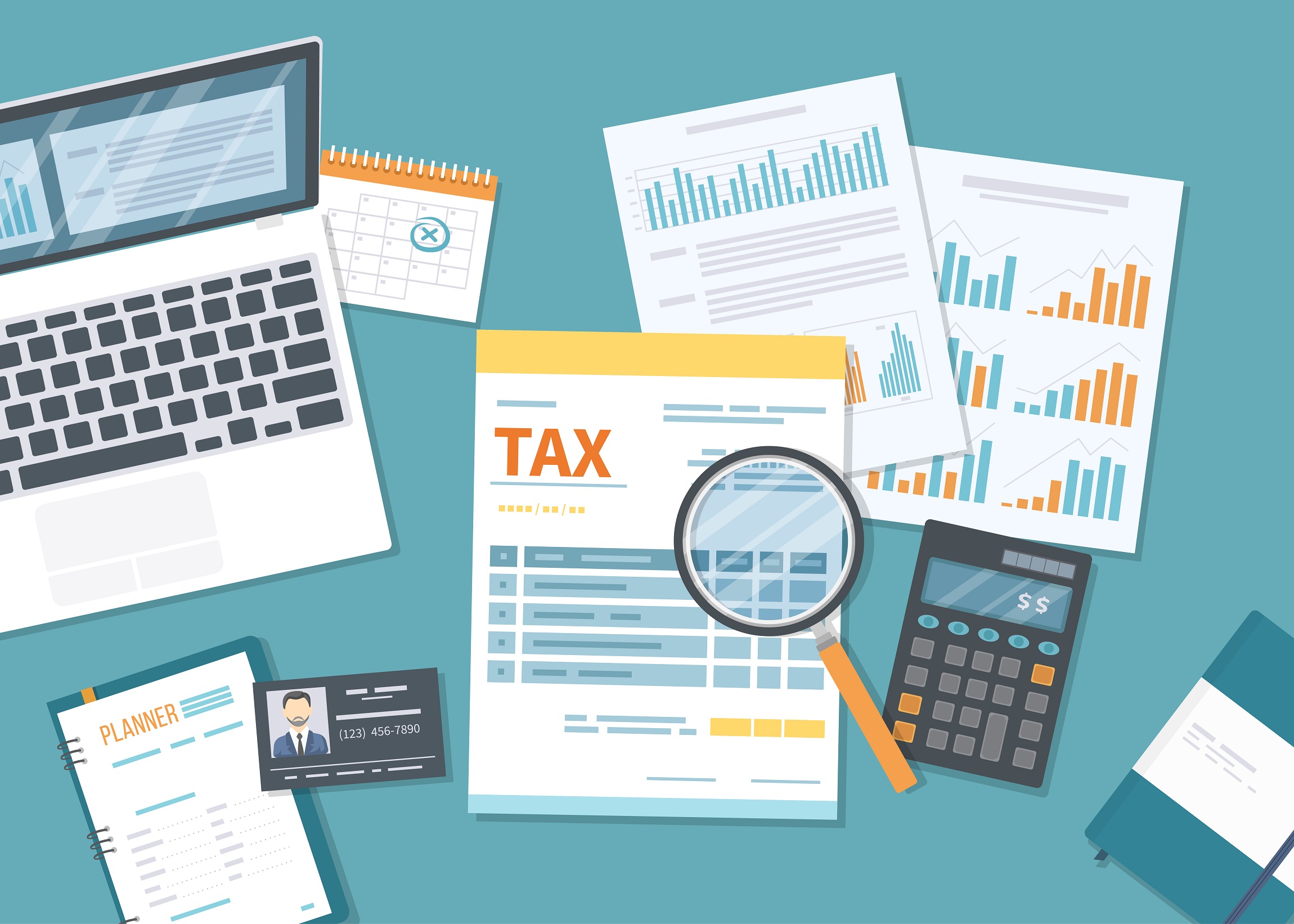Ken Skates, the Economy Minister, has called on the Government to increase their investment into other regions across the UK to help them reach their full potential through a fair share of Research and Development (R&D) and innovation funding.
On Wednesday 7 October 2020, the Minister called for this change during a speech at a Foundation for Science and Technology event in regards to the UK R&D Roadmap – “Levelling Up”.
According to the Economy Minister, R&D funding prioritises regions such as the East of England, London and the South East of England. Despite making up only 37 per cent of the population, these regions account for 52 per cent of the UK’s R&D funding.
He added that he wants to see other regions given the same chance to reach their fullest potential, as “the future prosperity and stability of the UK depends on all parts of the union being able to contribute to an innovative and productive economy.
Ken Skates, the Economy Minister, said: “Sadly, the UK remains the most regionally unbalanced economy in Western Europe. This disparity is something the UK Government must correct and rethink quickly.
“I welcome moves towards a more place-based approach to R&D funding but would stress again that this must deliver an equitable balance across the UK’s nations and regions.”
With 20-year long funding from the European Union (EU) set to come to an end when the UK leaves the EU at the end of the Brexit transition period, Skates is now reiterating that the Government must deliver on their promise to ensure the future financial prosperity of all regions of the UK.
To find out how Made.Simplr – our cloud-based software as a service solution – can aid you and your clients with their claims, please contact us to arrange a demo today.








